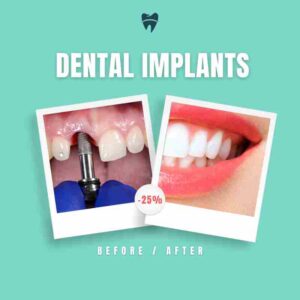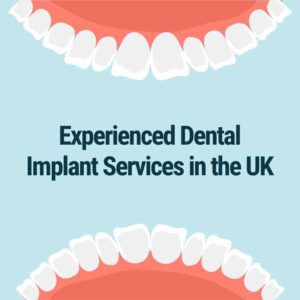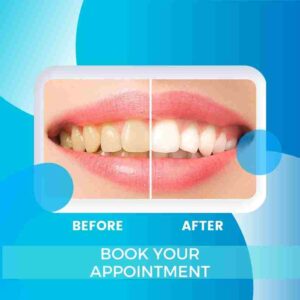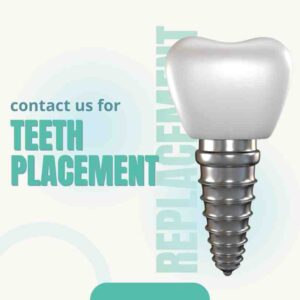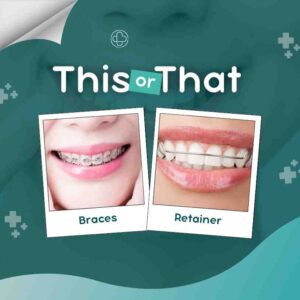- About 01
- ABOUT PAGES
- ARCHIVE PAGES
- best cosmetic dentist Near me
- Contact 02
- CONTACT PAGES
- dental bone graft specialist
- Dental Implants
- Faq
- fixed crown and bridge
- FOOTER PAGES
- full mouth reconstruction
- GALLERY PAGES
- HEADER PAGES
- HOME PAGES
- INNER PAGES
- My account
- periodontal treatment procedures
- PRICE PAGES
- removable orthodontic appliances
- SERVICE PAGES
- WOO – Shop
- WOO – Shop 02
- About 01
- ABOUT PAGES
- ARCHIVE PAGES
- best cosmetic dentist Near me
- Contact 02
- CONTACT PAGES
- dental bone graft specialist
- Dental Implants
- Faq
- fixed crown and bridge
- FOOTER PAGES
- full mouth reconstruction
- GALLERY PAGES
- HEADER PAGES
- HOME PAGES
- INNER PAGES
- My account
- periodontal treatment procedures
- PRICE PAGES
- removable orthodontic appliances
- SERVICE PAGES
- WOO – Shop
- WOO – Shop 02











